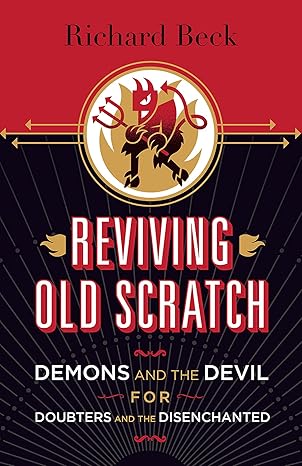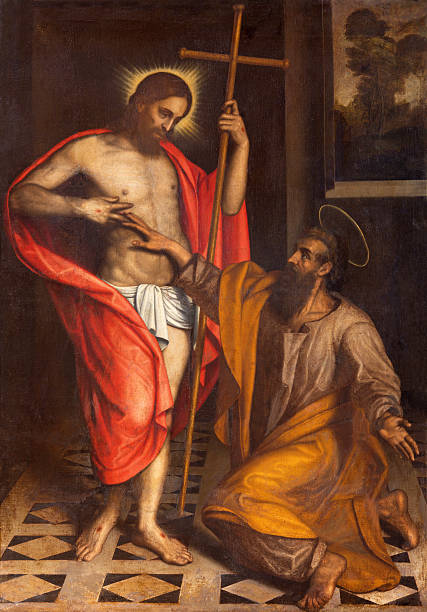Reviving Old Scratch – I Love Humanity, It’s People I Can’t Stand
It is within the Church that we practice sharing and forgiving, and extending mercy and grace. The Church is also where our own brokenness and sinfulness are revealed and healed. The Church is where we learn to accept and celebrate our differences, discard our old selves, and grow into our new selves.
Reviving Old Scratch – I Love Humanity, It’s People I Can’t Stand Read More »




